From Track to Street, How Does GVICHN Forged Wheels Define Ultimate Quality?
The Science Behind Forged Wheels: Manufacturing Excellence
From Billet to Brilliance: The Forging Process Explained
Forging starts with something called a billet, basically just a chunk of solid metal. When manufacturers apply massive pressure to this billet, it gets reshaped into complex wheel designs while maintaining incredible structural strength. The process involves heating aluminum alloys until they become workable, allowing engineers to create shapes that actually enhance the wheel's overall toughness and longevity. What makes forged wheels stand out? Their grain structure aligns much better than what we see in cast wheels. This alignment gives them exceptional strength properties, which is why many serious drivers turn to forged wheels when tackling tough roads or pushing performance limits. Some tests show these forged products can handle forces about 25 percent higher than regular cast wheels, explaining why so many racing teams and off-road vehicle builders rely on this method despite the higher costs involved.
Material Matters: Aluminum Alloys vs. Carbon Fiber Innovations
Aluminum alloys and carbon fiber each bring something special to wheel manufacturing. The aerospace grade stuff is pretty amazing actually it manages to stay light without sacrificing strength, which makes cars handle better and get better mileage too. Carbon fiber wheels take things even further though they're basically feather weight but still super strong, giving vehicles that extra edge when it comes to speed and cornering. There's one big catch though aluminum can be tossed into recycling streams pretty easily, but getting rid of old carbon fiber wheels is a whole different ball game environmentally speaking. Most folks looking at these options end up going with aluminum alloys in the end because they work well in almost any situation and look great too. Sure carbon fiber might seem like the future sometimes, but right now aluminum just keeps winning out for its mix of toughness and green credentials.
Unmatched Strength and Durability on Any Terrain
Forged wheels bring exceptional strength and lasting power, which makes them great for all sorts of different terrain types. The way they're built creates a denser material that stands up better against cracks and bends when faced with tough driving scenarios like off-road adventures where rocks and bumps are common. Many real world examples show why pros choose these wheels time after time. Take it from experience, forged wheels hold up about 20 percent better compared to regular cast wheels, so they last longer and perform reliably when things get rough out there. Why? Because the metal gets restructured during forging, creating a tougher grain pattern that doesn't bend or snap easily even when heavy loads or intense pressures come into play.
Lightweight Design for Enhanced Performance and Efficiency
Forged wheels with their light construction really give vehicles a performance edge while making them run better overall. When cars have less unsprung weight from lighter wheels, they handle corners better, speed up quicker, and stop shorter distances too. Some research shows cutting down unsprung weight by about 10 pounds actually cuts stopping distance around 10%. That's why racers love these lightweight forged wheels so much, particularly when they're built from materials used in aircraft manufacturing. Every single gram matters on track days. Putting these wheels on race cars not only saves gas but makes the whole driving experience snappier. Drivers notice the difference immediately with tighter control and quicker responses from the car, which translates into faster laps and smarter use of power throughout the race.
Aesthetic Versatility: Deep Dish and Custom Finishes
Forged wheels come in all sorts of styles that let car owners personalize their rides however they want. Take deep dish wheels for instance, which lots of Honda Civic fans go crazy over because they look so good and actually work better too. People really pay attention to how these wheels look since they combine practical benefits with some serious style points. That's why so many hot rodders get drawn to forged wheels in the first place. They want something that performs great but also stands out visually on the road. These wheels manage to mix solid engineering with creative design choices, making them pretty special in the world of automotive customization.
GVICHNâs Engineering Philosophy: Redefining Wheel Standards
Precision Engineering for Track and Street Dominance
When it comes to high performance automotive wheels, GVICHN has built quite a reputation for getting things right. The company uses some seriously advanced machining methods that go way beyond basic manufacturing standards. Each wheel goes through multiple stages of engineering with state of the art tech incorporated at every step. This attention to detail really pays off when it comes to how these wheels handle under pressure. In real world testing against other big names in the industry, GVICHN products often come out ahead in categories like cornering grip and heat resistance. Drivers who have made the switch report noticeable improvements in road feel and overall control during both daily commutes and weekend track days alike.
Rigorous Testing Protocols for Uncompromised Safety
Safety comes first at GVICHN, so we put our wheels through some pretty intense testing before they ever hit the road. Our process includes all sorts of lab tests plus plenty of real world driving conditions too. We want every single wheel to handle whatever challenges drivers might face on the highway or back roads. The numbers tell the story pretty well actually GVICHN wheels have way fewer failures than most cheap knockoffs out there. That kind of track record hasn't gone unnoticed either. A bunch of safety watchdog groups and automotive experts have given us their stamp of approval over the years. For everyday drivers, this means getting wheels that won't let them down when it matters most, whether they're commuting to work or taking a weekend road trip.
Why Forged Wheels Outperform Cast Alternatives
Structural Integrity: Resistance to Cracks and Deformation
Forged wheels have better structural integrity than most alternatives, so they can handle rough impacts without warping or cracking. The way they're made matters a lot too. Manufacturers heat up the metal and then apply pressure, which actually lines up the metal grains in a way that makes everything stronger compared to regular cast wheels. This alignment cuts down on something called porosity, which is basically tiny holes that weaken cast wheels. Because of this, forged wheels resist bending and breaking when put under serious stress. Automotive engineers such as John Martin point out that these structural benefits mean forged wheels last longer in the long run. That's why many performance car enthusiasts and professional racers tend to go for forged options whenever possible.
Weight-to-Strength Ratio: The Performance Advantage
Forged wheels stand out because they offer an amazing balance between weight and strength, which gives cars better acceleration and handling on the track. The science behind it is pretty cool too. These wheels have this dense, aligned structure at a microscopic level that lets manufacturers build stronger components without adding extra material, so the finished product ends up lighter than alternatives. For race teams, every gram counts when it comes to unsprung weight reduction. Lighter wheels mean quicker cornering response and shorter lap times, something that professional drivers notice immediately during races. That's why top tier racing organizations including Formula 1 teams rely heavily on forged wheels despite their higher cost. They simply deliver the right mix of lightweight construction and durability needed to withstand extreme racing conditions while maintaining optimal performance characteristics.
Recommended Products
 Hot News
Hot News
-
Forged Carbon Products
2024-05-21
-
Forged Off-Road Accessories
2024-05-21
-
GVICHN Introduces Revolutionary Forged Two-Piece Product
2024-05-21
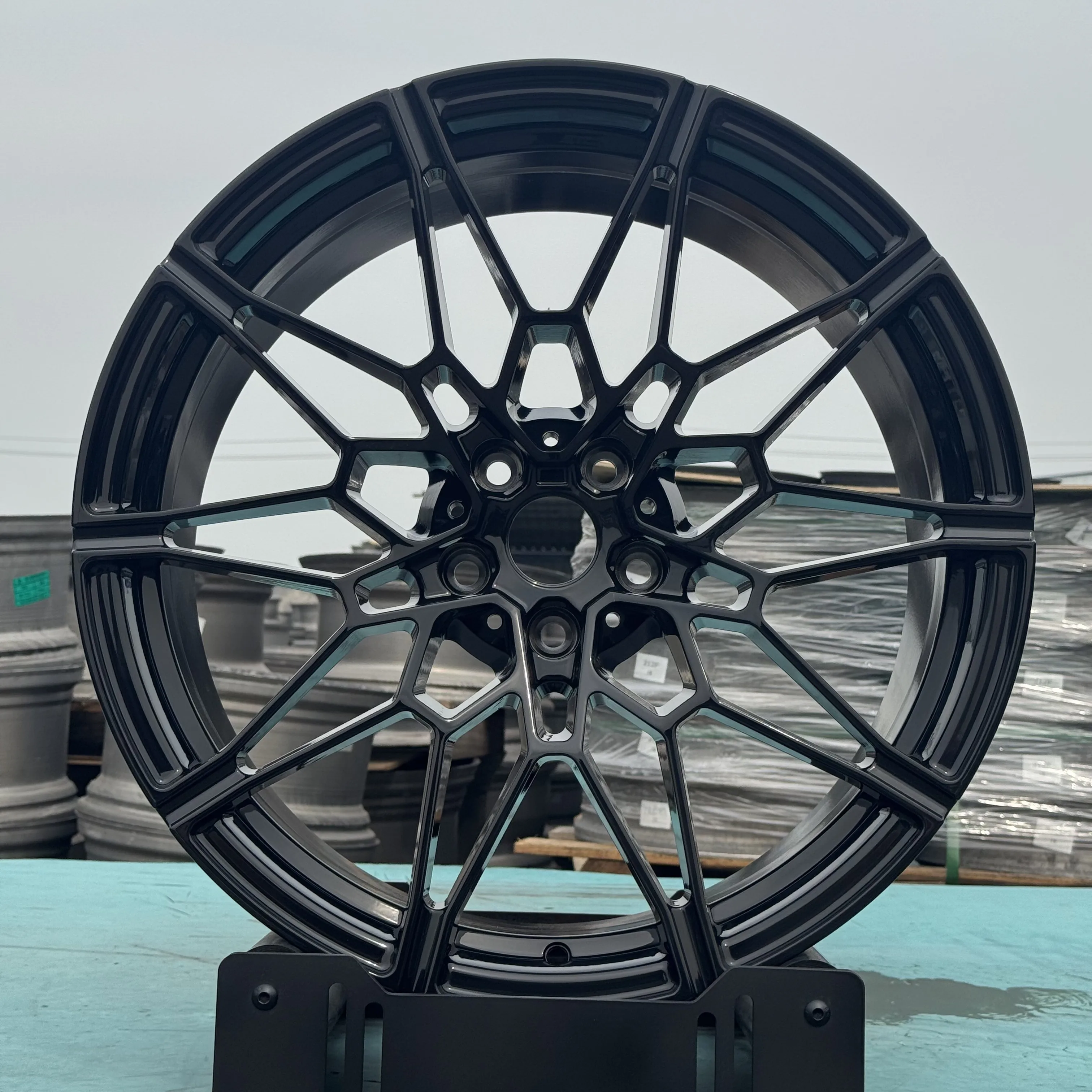

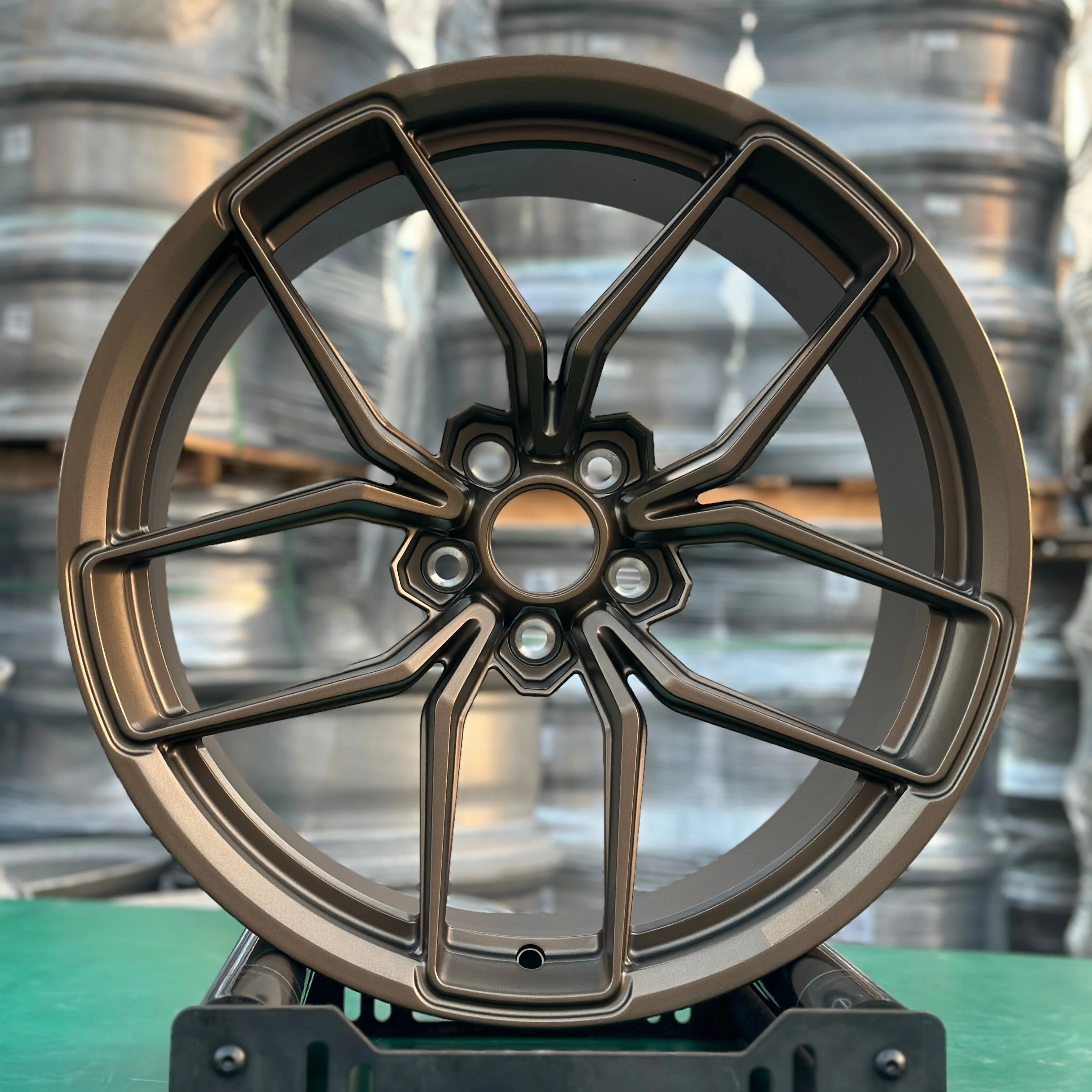
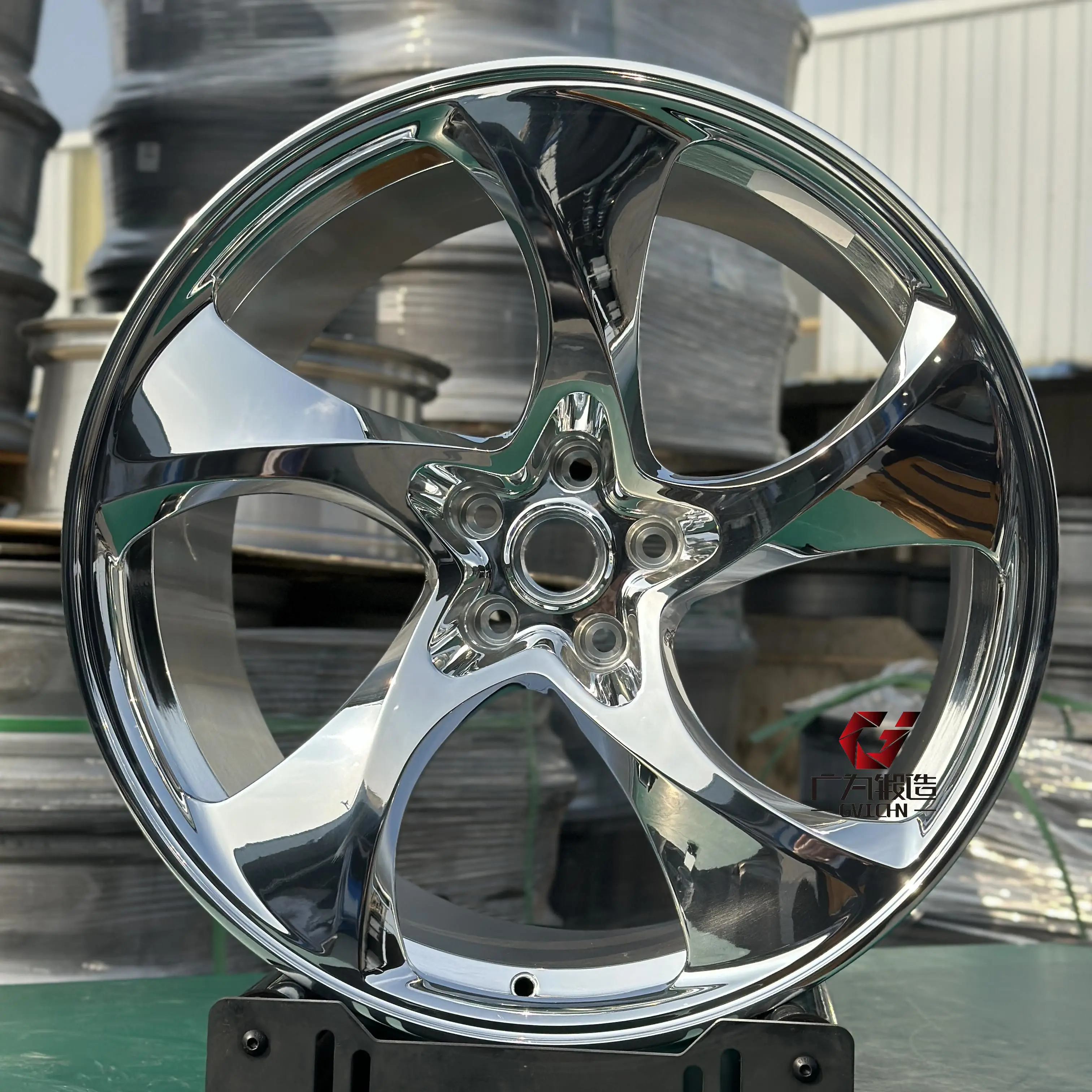
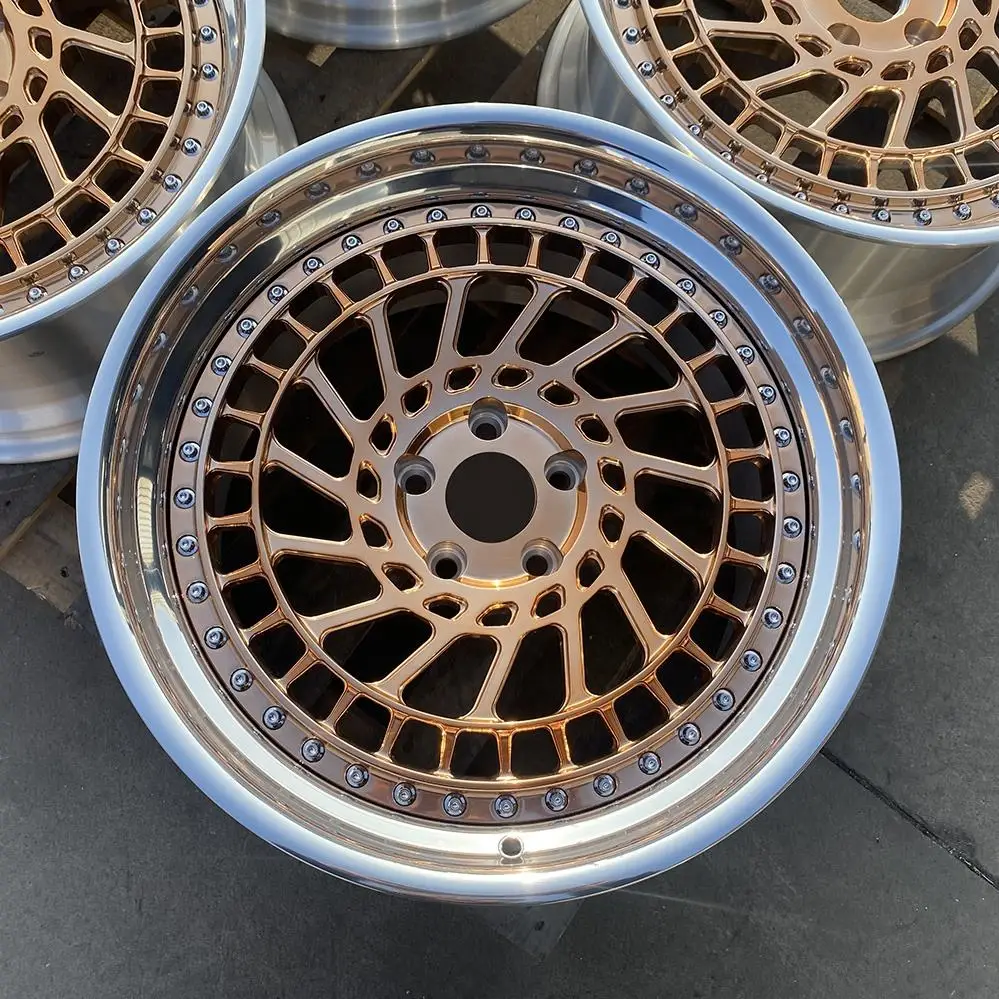
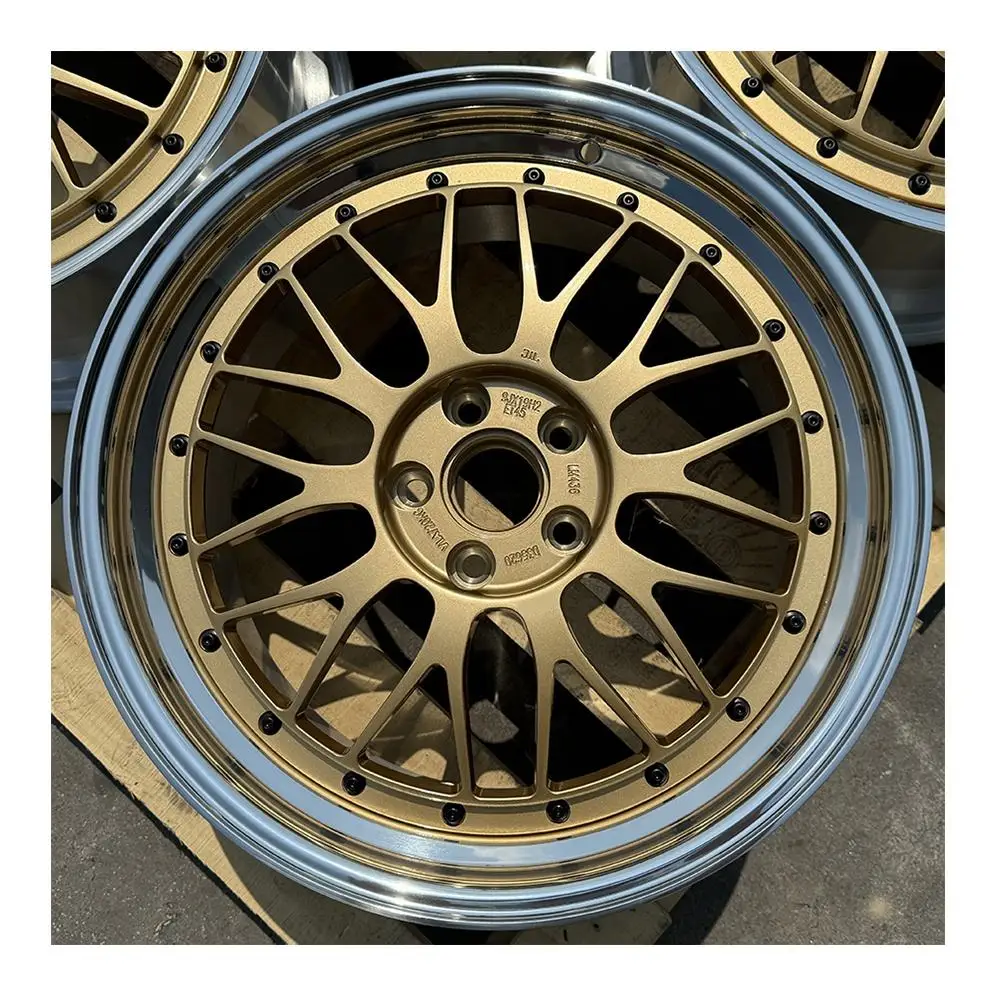
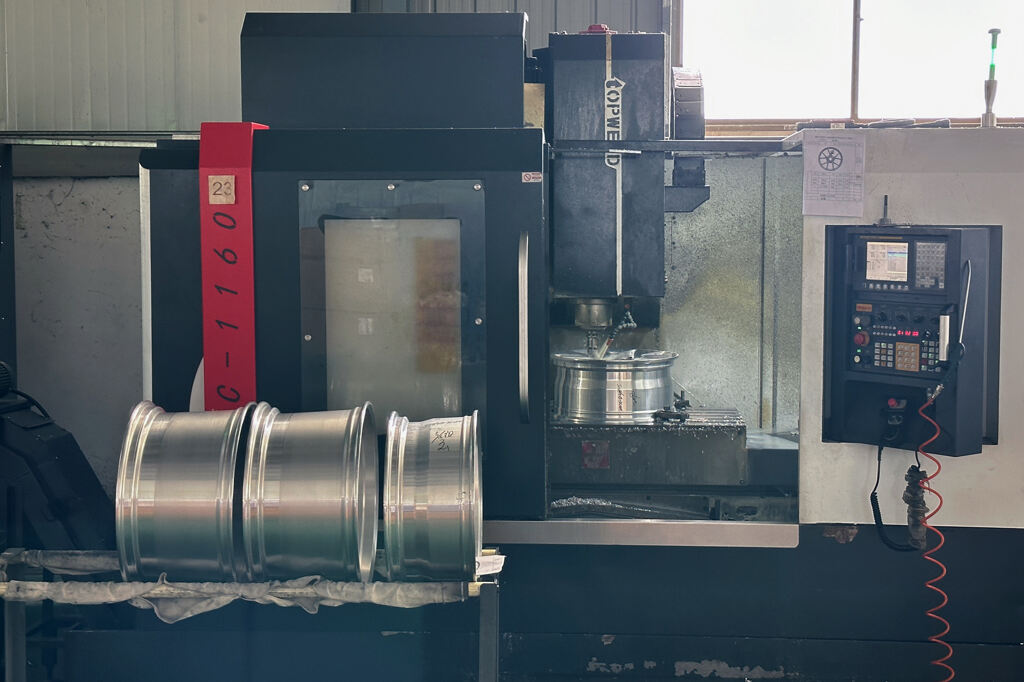
 ONLINE
ONLINE